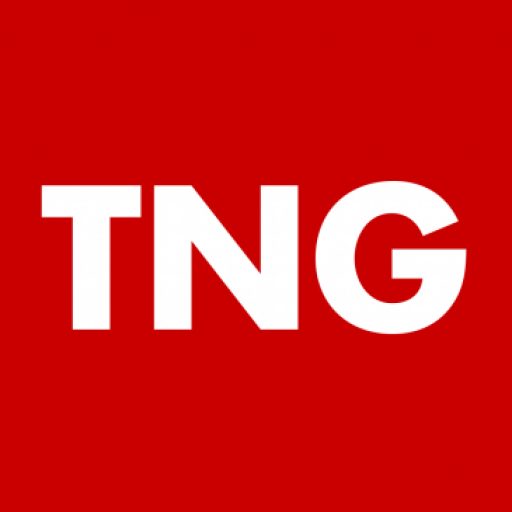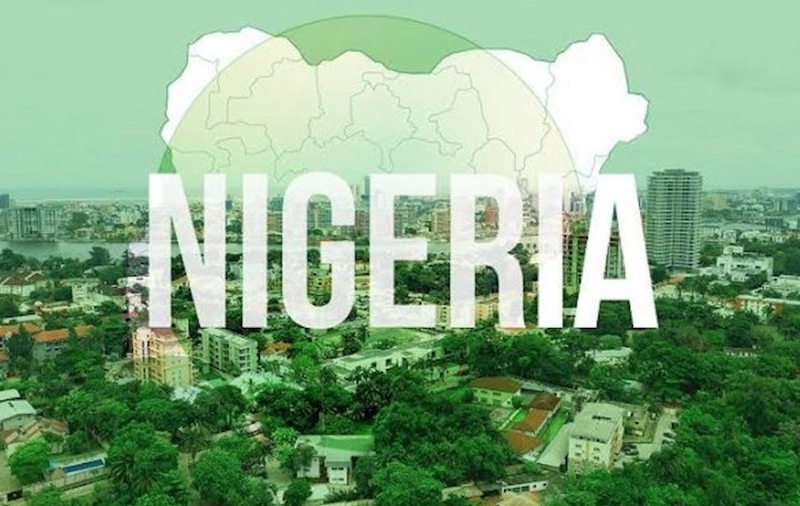By Comrade Aiyedun Olatunbosun
Introduction
The Okun people of Kogi State, Nigeria, represent a unique cultural and linguistic group with strong historical, linguistic, and cultural ties to the Yoruba ethnic group. Currently, the Okun people are administratively classified under the North Central region of Nigeria. However, there are compelling cases for their reclassification into the Yoruba and Western Nigeria regions. This article is not merely about geographical alignment but also about cultural preservation, historical accuracy, quest for education, occupational similarities, and socio-economic benefits.
Historical and Archaeological Evidence:
Historically, the Okun people have deep-rooted connections to the Yoruba civilization. According to “History of the Yoruba” by Samuel Johnson (1921), archaeological findings and oral traditions trace the origins of the Okun people to the same progenitors as other Yoruba sub-groups i.e Ile Ife. Artefacts and ancient relics found in Okun territories share significant similarities with those in other Yoruba lands, indicating a shared ancestry and cultural evolution.
Language and Culture:
Language is a primary marker of ethnic identity, and the Okun people speak dialects that are predominantly Yoruba. The dialects spoken in Okunland—such as Owé, Ìyàgbà, Ìjùmú, and Gbẹdẹ—are mutually intelligible with other Yoruba dialects. This linguistic similarity underscores the argument that the Okun people are Yoruba.
Culturally, the Okun people’s practices, festivals, and social structures are indistinguishable from those of the Yoruba. Traditional ceremonies, religious practices, and even cuisine reflect a shared heritage. For instance, the New Yam Festival (Ìwàjù), celebrated by the Okun people, mirrors similar Yoruba festivals, both in practice and significance.
Moreover, the title of their traditional rulers as “Oba” aligns with the nomenclature used across Yoruba land, further underscoring their cultural integration.
Geographical and Administrative Considerations:
Geographically, the Okun people are situated in the northern part of the Yoruba-speaking region. The contiguous nature of Okunland with other Yoruba territories like Ekiti, Kwara, and Ondo states further strengthens the case for their inclusion in Western Nigeria. This realignment would correct the administrative anomaly that currently places them in the North Central region.
Population Distribution and Local Government Breakdown:
The Okun people are spread across several local governments in Kogi State, with a significant presence in Kwara, Ekiti, and Ondo states. Here is a breakdown of their population distribution by local government:
- Kogi State: Kabba/Bunu: 145,446, Ijumu: 119,929, Yagba East: 114,160, Yagba West: 111,580, and Mopamuro: 73,080.
- Kwara State: Ifelodun (parts): 101,091
- Ekiti State: Moba (parts): 85,987
- Ondo State: Akoko North East (parts): 78,902
- About 200,000 in diaspora
These populations of almost a million spread among 8 local government areas (like Bayelsa state), when aggregated, demonstrate a substantial demographic that aligns more closely with the Yoruba-speaking states of Western Nigeria.
Occupational similarities:
The Okun people share similar occupational pursuits with other Yoruba groups, particularly in farming. Agriculture is a predominant occupation, with crops such as yam, cassava, and maize being central to their livelihoods. This mirrors the agricultural practices of the Yoruba in Ekiti, Ondo, and other southwestern states. Additionally, the lush vegetation of Okunland supports these agricultural activities, much like the fertile lands of other Yoruba regions.
Quest for education:
Education is highly valued among the Okun people, paralleling the Yoruba’s renowned emphasis on education and intellectual achievement. The Okun communities have produced numerous academics, professionals, and intellectuals, contributing significantly to Nigeria’s educational landscape. This shared value in education further reinforces the cultural and social bonds between the Okun people and the Yoruba.
Notable Individuals and Contributions:
Several notable individuals from Okunland have significantly contributed to Nigeria’s development, reinforcing their Yoruba identity. Among them are:
Sunday Awoniyi, David Jemibewon, Akere Owoniyi, Bola Njoku, Jaywon, Bamidele Daniyan, Jide Omokore, Nike Davies-Okundaye, Pius Adeyemi, Tolulope Arotile, John Onaiyekan and others.
These individuals, among others, have consistently identified with the Yoruba heritage, further supporting the case for the Okun people’s reclassification.
Socio-Economic Advantages:
Reclassifying the Okun people as part of Western Nigeria offers numerous socio-economic benefits:
- Improved Representation: Being part of a larger Yoruba bloc would ensure better political representation and advocacy at the national level.
- Economic Development: Integration with more economically developed Western states can spur infrastructural development and investment in Okunland.
- Cultural Preservation: Official recognition as Yoruba would help preserve and promote the unique cultural heritage of the Okun people, ensuring it is not diluted by administrative misalignment.
Conclusion:
The case for reclassifying the Okun people as part of Yoruba and Western Nigeria is robust, grounded in historical, linguistic, cultural, and geographical evidence. According to “The Yoruba of Southwestern Nigeria” by Robert Smith (1969), ethnic identity should be respected and preserved, especially when it aligns with historical facts and socio-cultural realities. Recognizing the Okun people as Westerners would correct a longstanding administrative oversight, ensuring they receive the representation, development, and cultural preservation they rightfully deserve.
Reintegration into the Yoruba fold would not only honour the true heritage of the Okun people but also strengthen the socio-economic and cultural fabric of Western Nigeria.
Comrade Aiyedun Olatunbosun, Diaspora Coordinator – Omo Okun Liberty Association.

